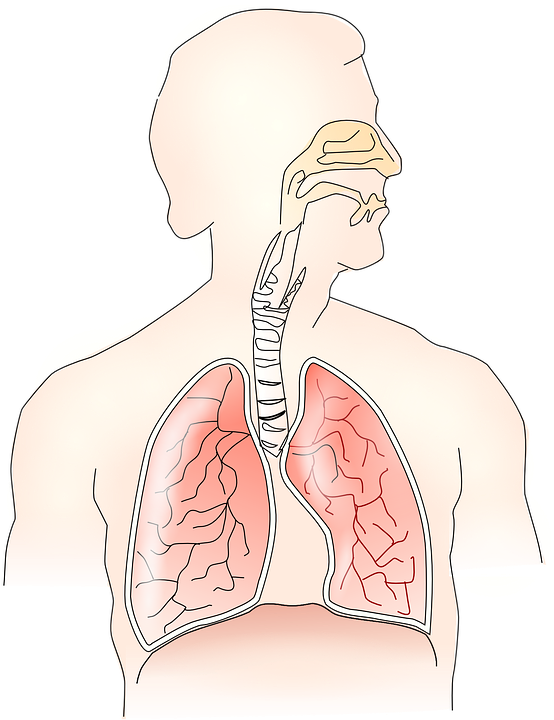Stress is our natural response to the load of things happening around us. Sometimes, it’s a healthy way of keeping track of things. In addition, moderated stress is actually good for you, because it allows you to organize your work and timetable. However, stressing too much can lead to serious problems, which affect both your mentality and body.
Besides feeling anxious, overwhelmed and vulnerable, stress puts your body in an emergency by preparing you to react quickly. We explain to you here some of the effects of stress on your body, and why you should work on managing it.

Respiratory and cardiovascular systems
Stress hormones influence your respiratory and cardiovascular frameworks. During the pressure reaction, you inhale quicker with an end goal to rapidly disseminate oxygen-rich blood to your body. If you suffer from a breathing issue like asthma or emphysema, stress can make it significantly harder to relax.
Under pressure, your heart likewise siphons quicker. Stress hormones prompt your veins to choke and occupy more oxygen to your muscles so you’ll have more solidarity to make a move. In any case, this additionally raises your pulse.
Muscular system

When you stress, your heart races, your breath quickens, and your muscles ready for action. Muscles worry to shield themselves from damage when you’re focused. They will in general discharge again once you unwind. However, in case you’re continually under pressure, your muscles may not find the opportunity to unwind. Tight muscles cause migraines, back, shoulder and body pain. After some time, this can set off an unfortunate cycle as you quit practicing and go to medicine for help.
Immune system
Each one of us responds differently to stress. However, our immune system suffers pretty much the same. According to recent research, Stress invigorates the resistant immune system, which can be an or more for quick circumstances. This incitement can enable you to maintain a strategic distance from diseases and recuperate wounds. In any case, after some time, stress hormones will debilitate your immune system and lessen your body’s reaction to outside trespassers.
Individuals under ceaseless pressure are increasingly powerless to viral sicknesses like this season’s cold virus and the basic cold, just as different contaminations. Stress can likewise build the time it takes you to recuperate from a disease or damage.

Nervous and endocrine systems
Your Central Nervous System (CNS) is accountable for your “battle or flight” reaction. In your head, the nerve center gets the show on the road, advising your adrenal organs to discharge the stress hormones, adrenaline and cortisol. These hormones rev up your pulse and send blood racing to the zones that need it most in a crisis.
Cortisol likewise, modifies insusceptible framework reactions and stifles the stomach. The conceptive digestive system and development forms. This complex is a natural alarm system, which also communicates with the brain regions that control mood, motivation and fear.
Photos: Pixabay, Unsplash
